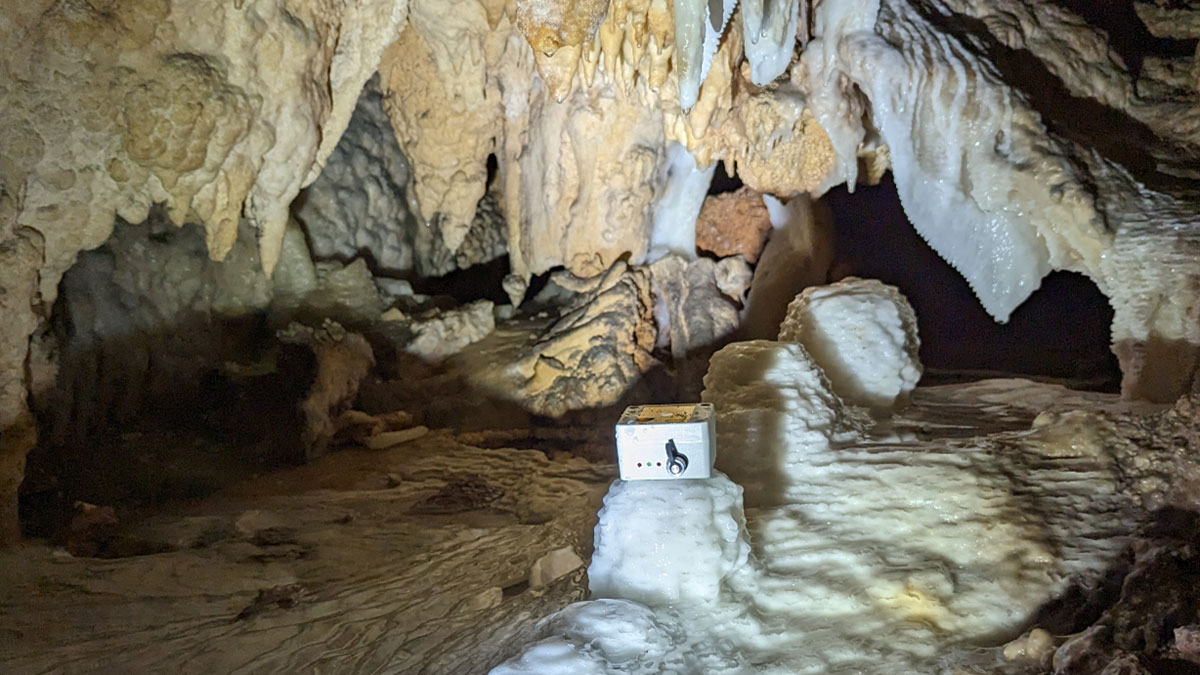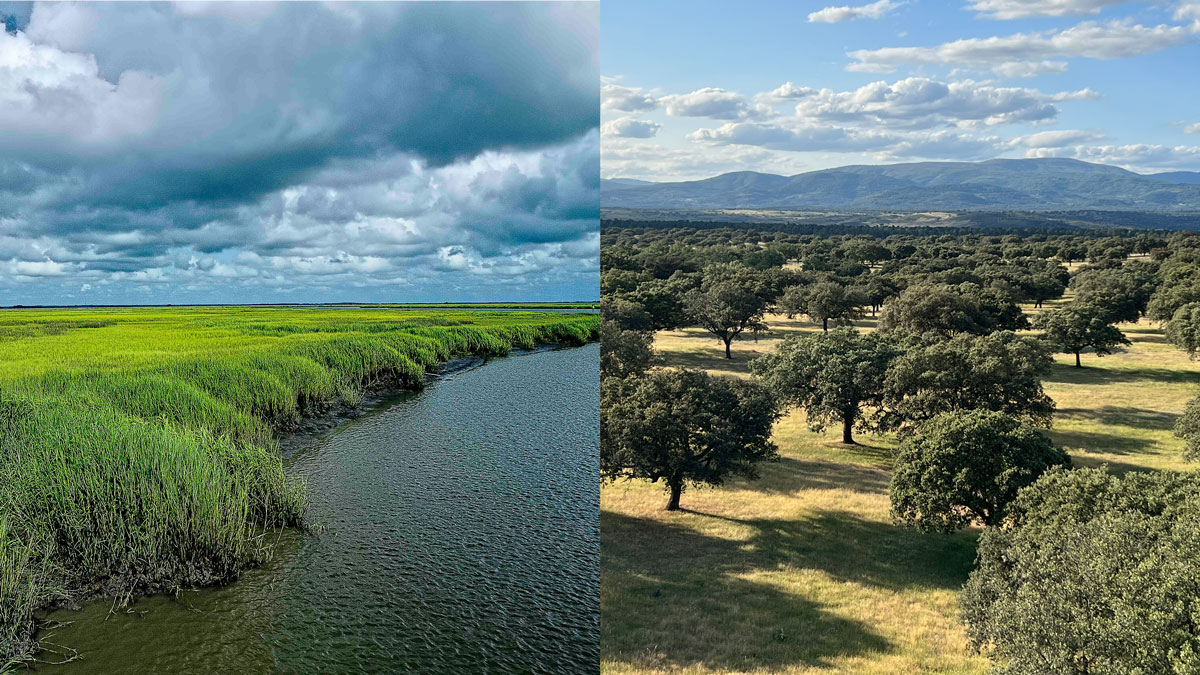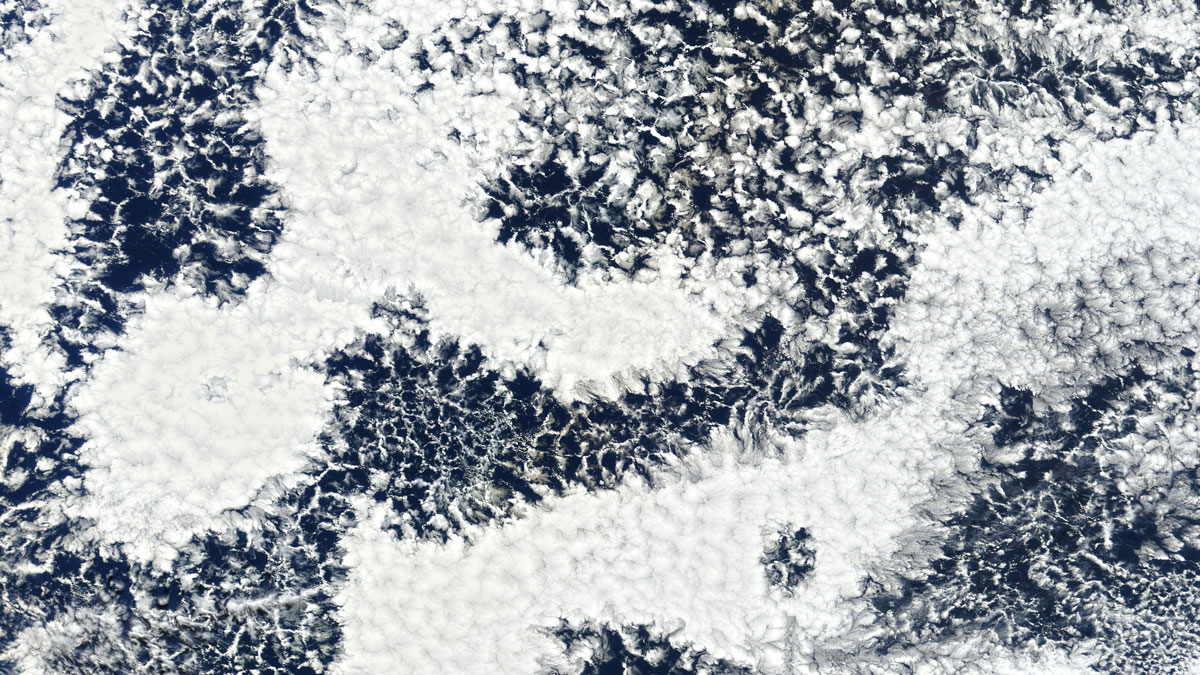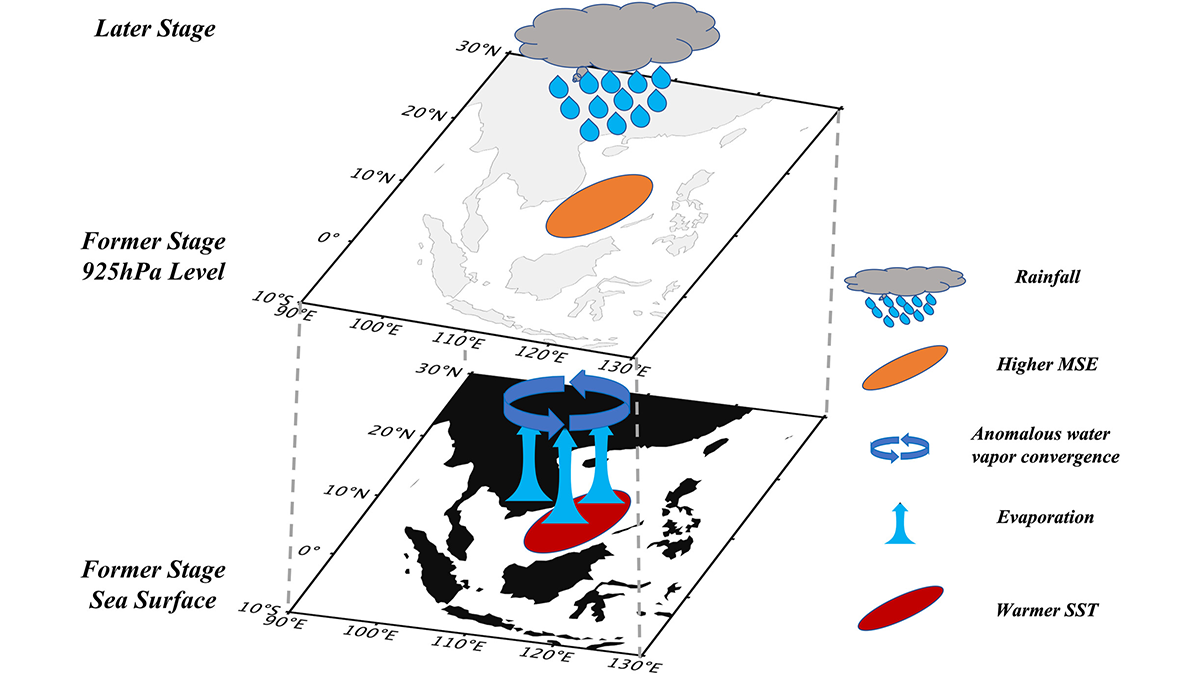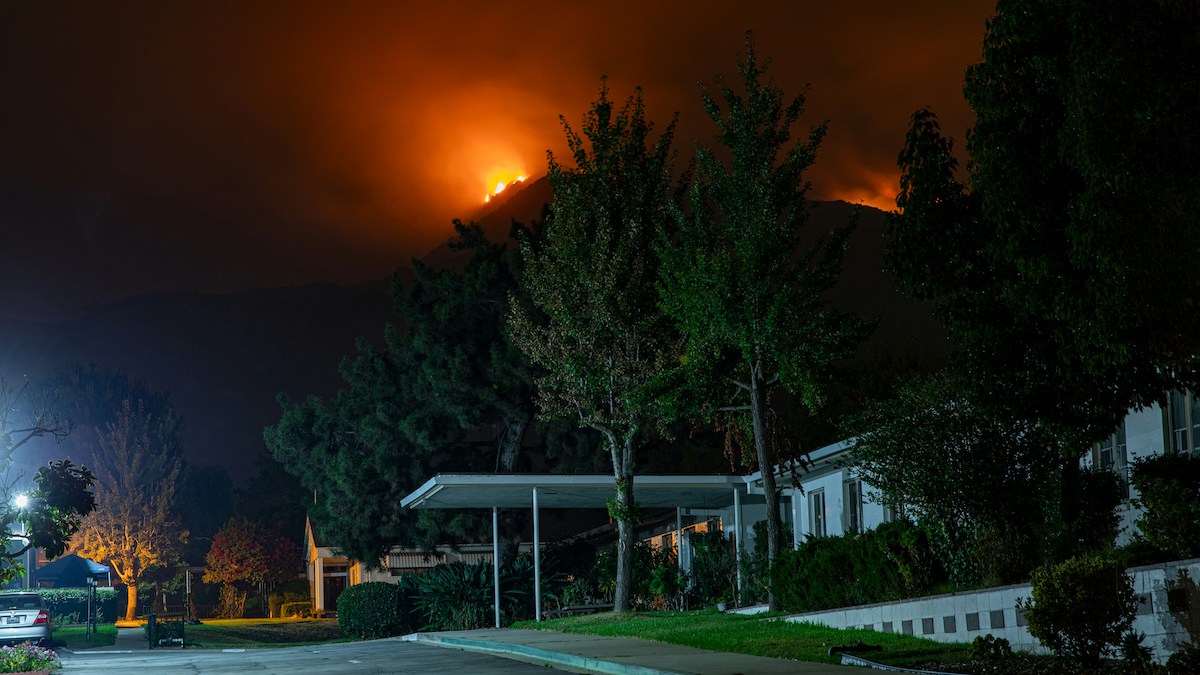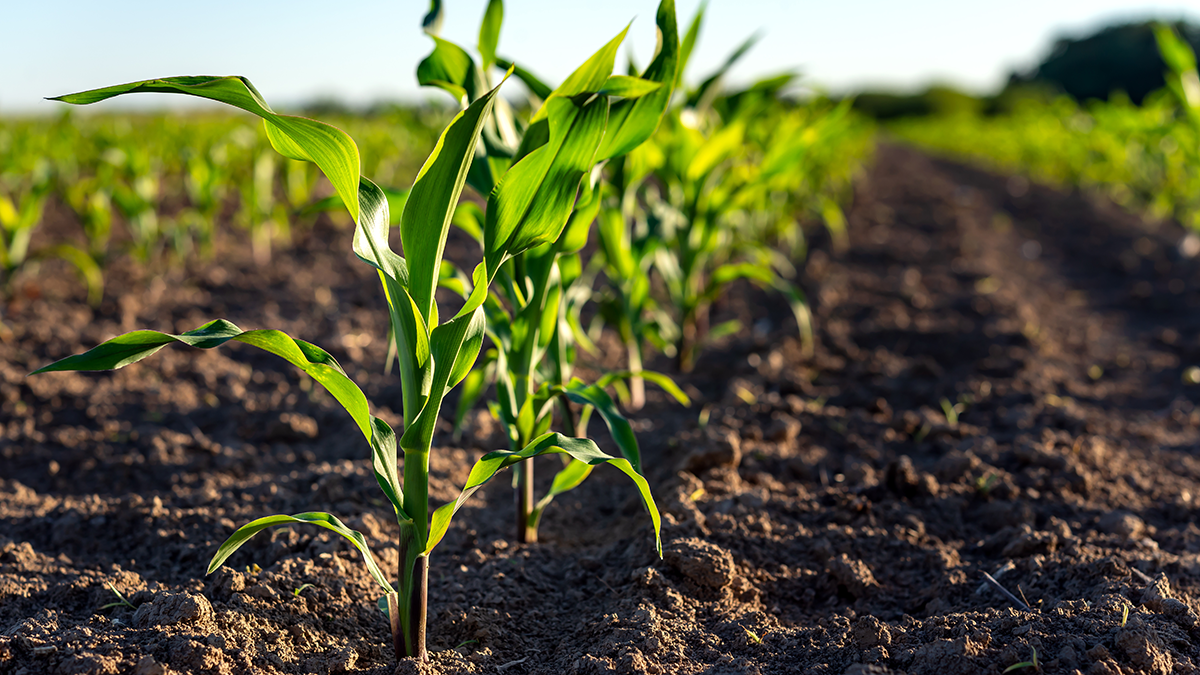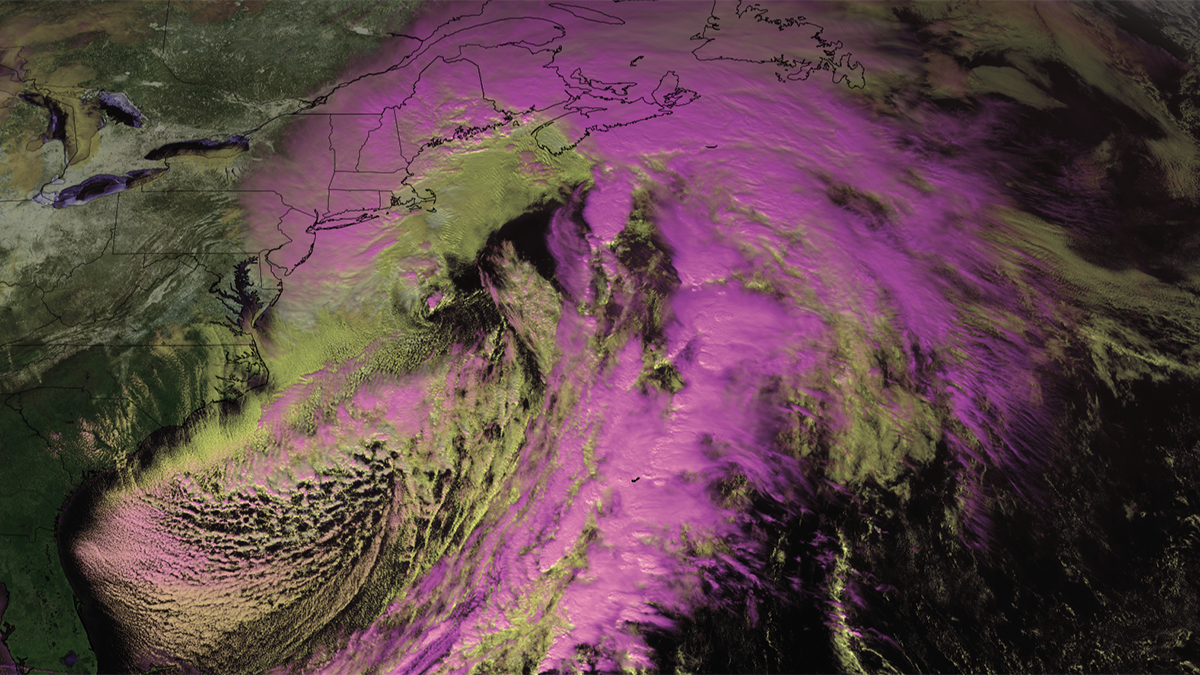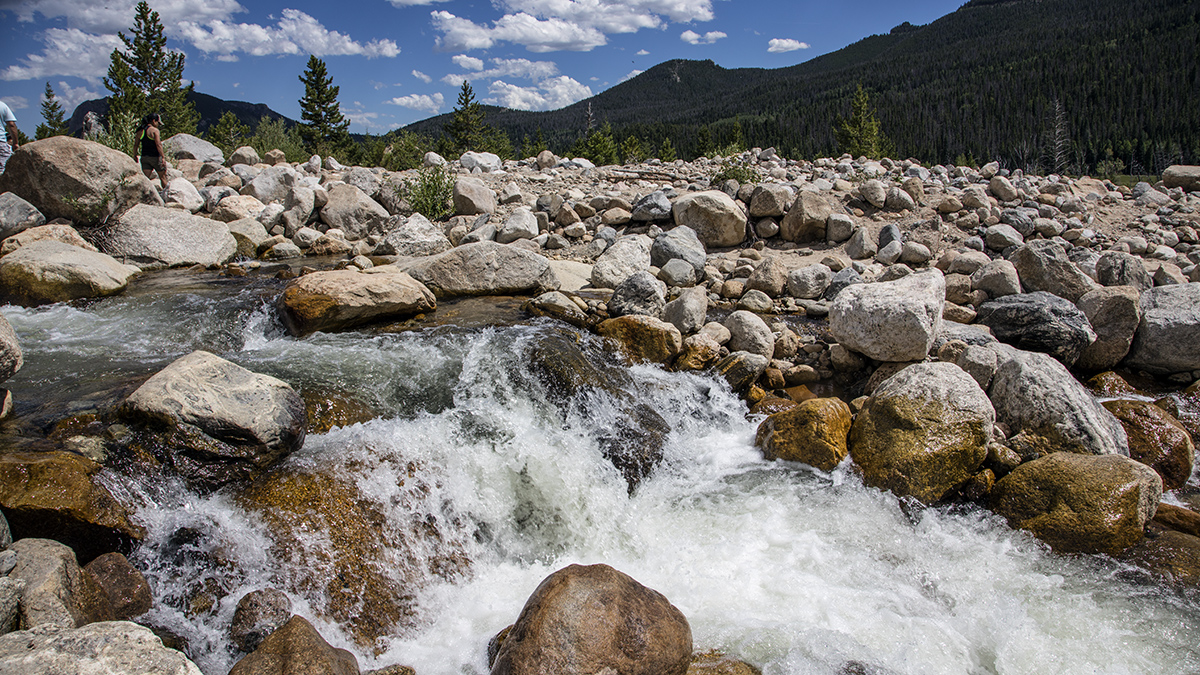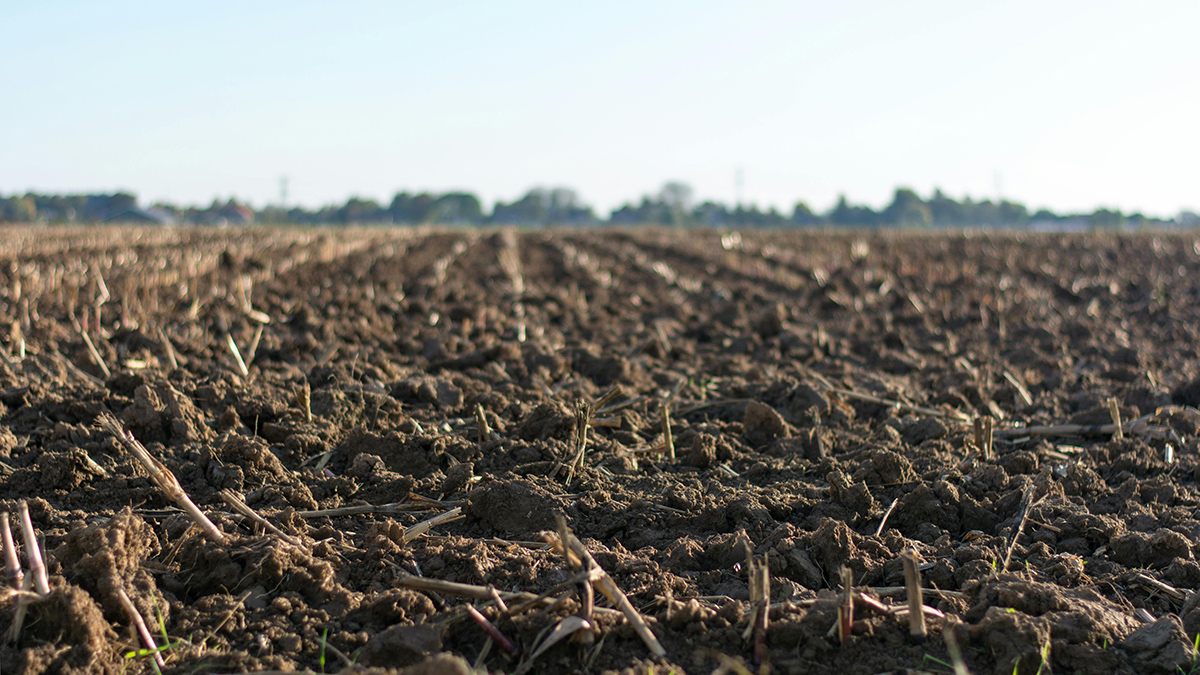Counting drips in caves is helping to reveal how much precipitation is needed to start refilling underground aquifers.
precipitation
Using Lightning-Induced Precipitation to Estimate Electron Belt Decay Times
A long-term study of MeV electron burst events detected in the inner radiation belt and slot region was used to determine the electron belt decay times.
Understanding Flux, from the Wettest Ecosystems to the Driest
Pulses of activity, from tides to precipitation swings, play a crucial, changing role in ecosystems worldwide.
Understanding Cloud Droplets Could Improve Climate Modeling
The microphysical structure of cloud droplets affects behavior like precipitation. Current models may be underestimating how much these structures can vary within a single cloud.
Marine Heatwaves Reshape Precipitation Patterns
Most marine heatwaves experience reduced precipitation throughout their lifetime, but warmer events in the early stage can trigger increased precipitation after reaching peak intensity, causing faster decay.
California’s Getting an Earlier Start to Wildfire Season
Human-caused climate change has pushed the onset of fire season in the state to as much as 46 days earlier than it was 30 years ago.
Why Crop Yield Decreases at High Temperatures
Scientists find that water stress drives the connection between surface temperature and crop yield loss, providing information to help improve predictions of agricultural productivity under climate change.
New Research Shows More Extreme Global Warming Impacts Looming for the Northeast
One new study identifies a 17% increase in the destructive potential of the strongest nor’easters, while another bolsters links between Arctic ice melt and dangerous blizzards.
Years-Old Groundwater Dominates Spring Mountain Streams
Alpine rain and snow take much longer to percolate into western U.S. streams than previously thought, adding complexity to long-standing hydrologic models.

